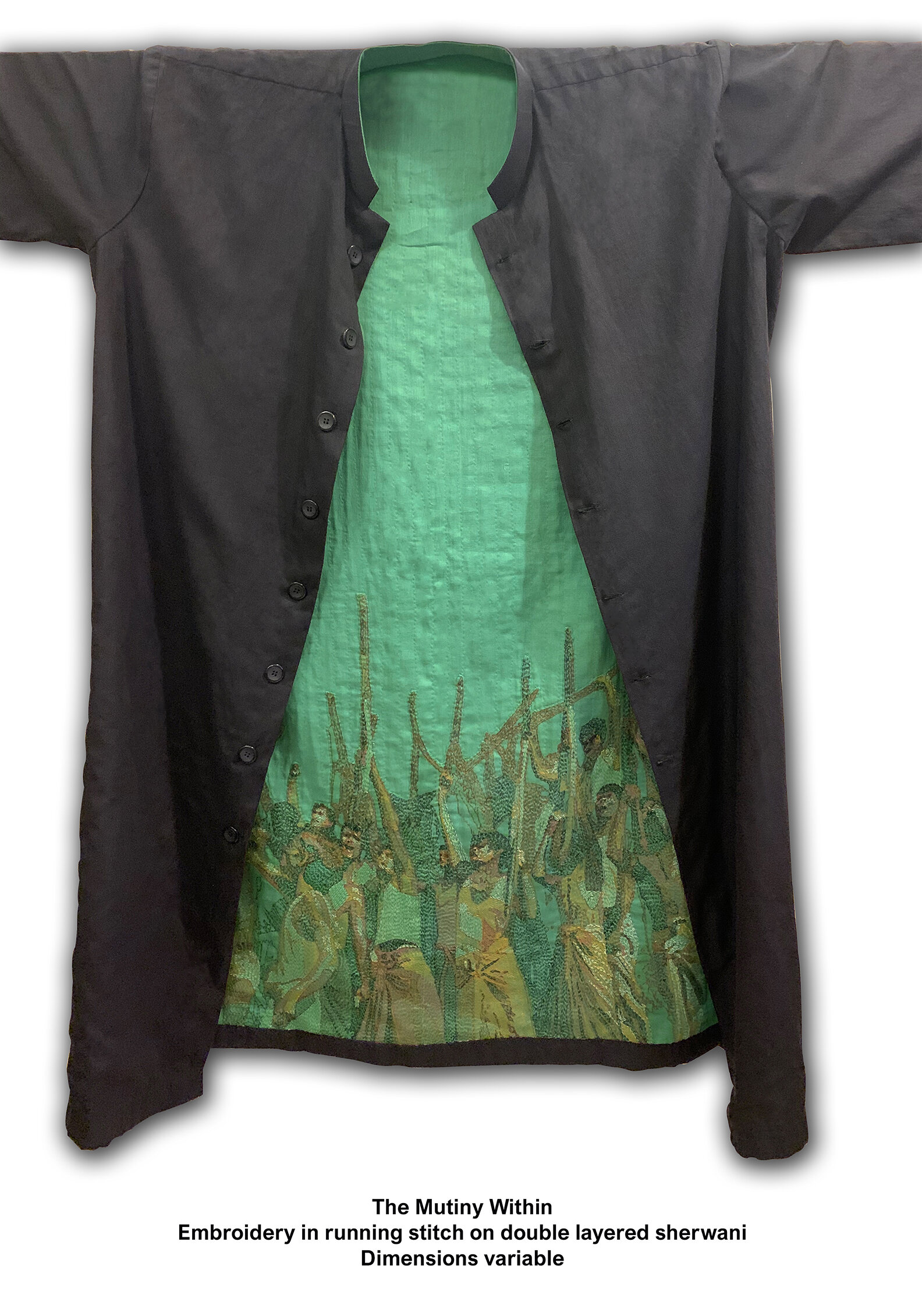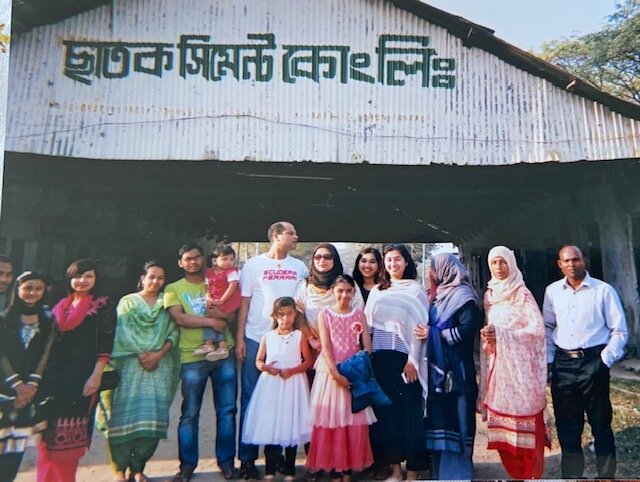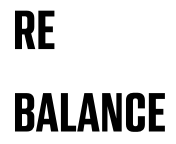
Kee Khobor Stories
Kee Khobor will feature blogs, poems, vlogs and podcasts. The reflections will be shared publicly throughout the year, with our official launch on 26th March 2021.
The various identities of the Bengali community in the UK will be explored and celebrated. We will facilitate an open exchange of ideas and give voice to views, some of which may otherwise not be heard.
The project will leave a legacy that provides stewardship for future generations to not only have pride in their identity but to own it and derive strength from it, and give younger people who may be struggling the confidence and opportunity to belong to something wider.
The reflections will provide an opportunity to look ahead to the future development of the community and not only stay relevant as a community within a changing society but be inspirational to the development of wider British society.

Easy like Sunday morning
‘She humoured us. We would call her every time, as it was so rare to see a person wearing a sari on the television. Sometimes white people would stare at her in the town centre and I felt embarrassed that she dressed differently and stood out, but she didn’t care and eventually neither did I.’

Supporting Family with Mental Health Illness
Hear from our good friend and British born Bangladeshi, Dr Jolel Miah talk about his experience supporting family members from a young age with their mental health journies, the stigma and discrimination in mental health and what society can to do to support people with mental health issues.

Leaving Home To Go Home
Photo: The Mutiny Within
Violent imagery that has been constructed out of thousands of innocuous little stiches, positioned on the inner lining of a sherwani, This artwork talks of buried secrets and compromises made. A garment worn by bridegrooms and premiers, holds context on the inside that need never be revealed.

My Father
My Father has also been very inspiring for me. He was in fact awarded an MBE in 2002 (during the Queen’s birthday Honours) for his outstanding work in patient care. He has always been a benchmark for us and along with my family culture, I have had great role models, to look up to. I feel it is their influence which has helped me in becoming a forward-thinking, proud British Bangladeshi woman.

When I Speak Bengali
Mohsina Alam’s story.
I wish I could tell my 14 year old self that there are no standards you have to meet to belong to a culture… 50 years from now, I hope to see more successful Bengali women in the public eye.
